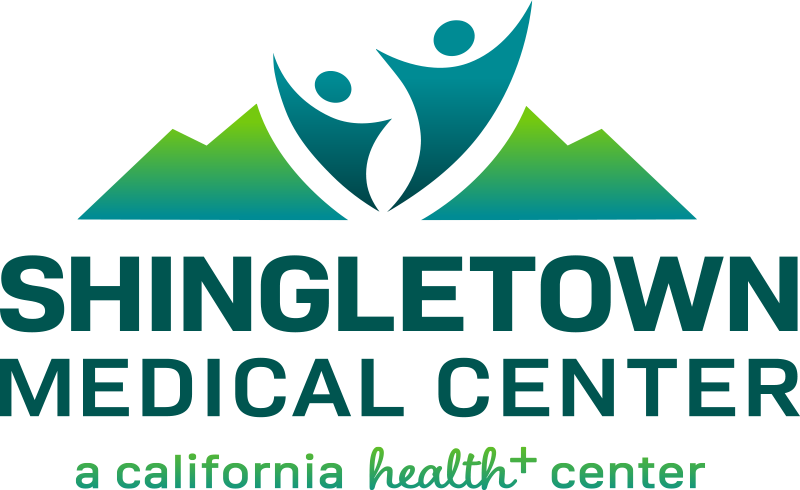Making the Vaccine Decision
The Shingletown Medical Center would like to share with the parents in our community important information regarding immunizations proved by the Centers for Disease Control and Prevention. Further information can be found on the CDC website.
How Vaccines Prevent Diseases
The diseases that vaccines prevent can be dangerous, or even deadly. Vaccines reduce the risk of infection by working with the body’s natural defenses to help it safely develop immunity to disease. When germs, such as bacteria or viruses, invade the body, they attack and multiply. This invasion is called an infection, and the infection is what causes illness. The immune system then has to fight the infection. Once it fights off the infection, the body is left with a supply of cells that help recognize and fight that disease in the future.Vaccines help develop immunity by imitating an infection, but this “imitation” infection does not cause illness. It does, however, cause the immune system to develop the same response as it does to a real infection so the body can recognize and fight the vaccine-preventable disease in the future.
Sometimes, after getting a vaccine, the imitation infection can cause minor symptoms, such as fever. Such minor symptoms are normal and should be expected as the body builds immunity.By following the recommended schedule and fully immunizing your child by the age of 6, you helped protect your child against 14 vaccine -preventable diseases. If your child missed a vaccine, now is a good time for your child to catch-up. During this time, your child may also receive additional vaccine doses needed for the best protection.
The American Academy of Pediatrics (AAP), the American Academy of Family Physicians (AAFP), other medical societies, and CDC recommend:
Flu Vaccine - Everyone 7-10 years of age and older should get a flu vaccine every year.
HPV Vaccine - Human papillomavirus (HPV) vaccines are recommended for children ages 11-12 but can be given as early as age 9 to help protect both girls and boys from HPV infection and cancers caused by HPV.Catch up on vaccinations your child may have missed:
Recommended Vaccine Schedule
Help protect your teen’s health by getting them vaccinated according to the recommended immunization schedule.
DTaP and Tdap Vaccines - If you have a child who is 7-10 years old and has not received any or all of the DTaP vaccine series, or if you don’t know if your child has received these shots, your child needs a single dose of Tdap vaccine at this time to protect them from diphtheria, tetanus, and pertussis (whooping cough).
Hepatitis A (HepA) Vaccine - If you have a child who is 7-10 years old and has not received HepA vaccine, talk to your child’s clinician about a catch-up vaccine.
Pneumococcal (PCV) Vaccine - If you have a child who is 7-10 years old and has not received PCV vaccine to protect them from pneumonia, talk to your child's clinician about a catch-up vaccine.
